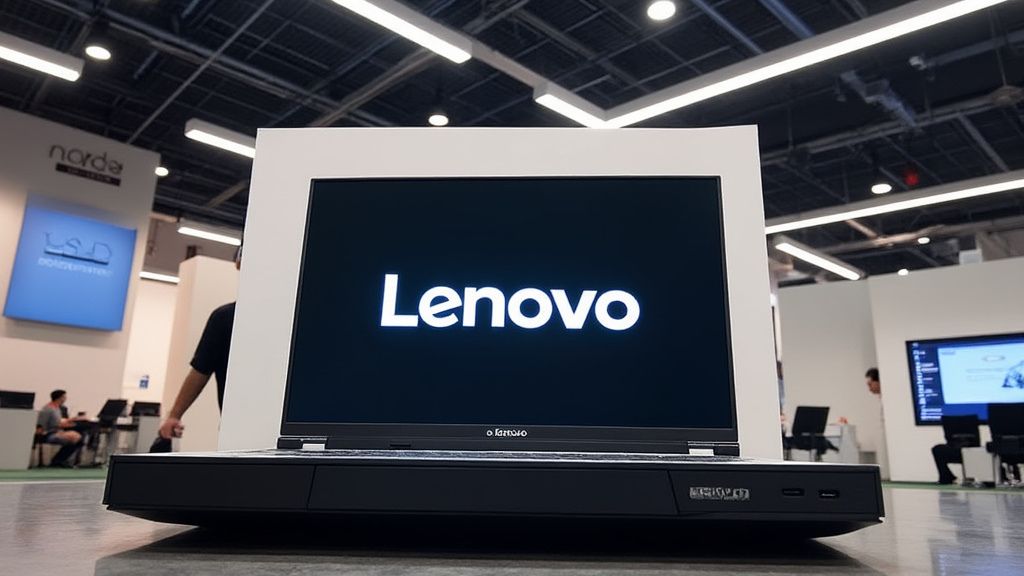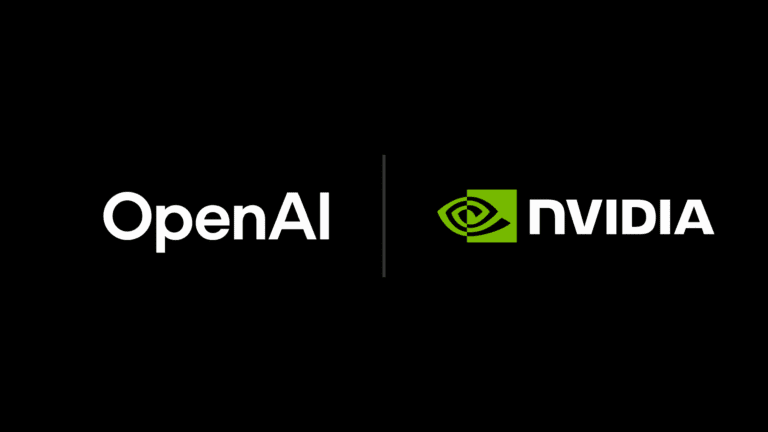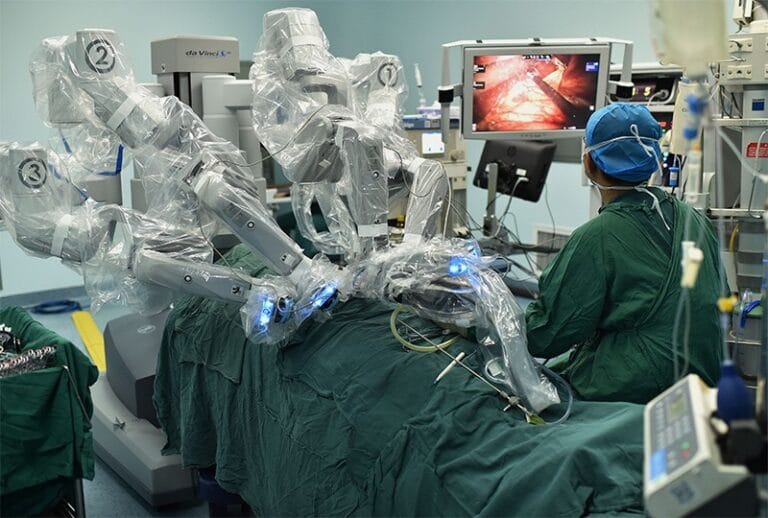
Lenovo, the globe’s leading personal computer manufacturer, has unveiled plans to broaden its manufacturing footprint worldwide, following an impressive second-quarter financial performance. The expansion strategy is heavily geared towards enhancing its capabilities in the artificial intelligence (AI) market.
Financial Triumph
Lenovo reported a 24% year-on-year revenue growth, reaching $17.9 billion for the quarter ending September 30. This surge was driven by a 3% increase in PC shipments, even as the global market saw a slight downturn. Net profit for the period was $359 million, comfortably above the forecasted $331.7 million, showcasing Lenovo’s robust market position and strategic foresight.
Strategic Expansion
The company’s chairman, Yang Yuanqing, emphasized the importance of global diversification in manufacturing, stating, “Our expansion isn’t just about growth; it’s about resilience and proximity to our markets.” Lenovo currently operates over 30 factories across nine markets but is set to increase this number with new facilities planned in strategic locations like Saudi Arabia due to a significant investment deal with the kingdom’s Public Investment Fund.
This move is part of Lenovo’s response to the global supply chain uncertainties and aims to mitigate risks associated with trade policies and geopolitical tensions. By establishing manufacturing hubs closer to key consumer markets, Lenovo intends to enhance efficiency, reduce logistics costs, and speed up product delivery.
AI: The Next Big Wave
Lenovo’s financial success and expansion plans are closely tied to its strategic focus on AI. The company launched its first AI-powered PCs in China in May, with a global rollout in September. Yang predicts that AI-enabled PCs will constitute about 25% of Lenovo’s shipments by 2025, potentially rising to 80% by 2027.
“Our investment in AI is not just about staying ahead in the PC market; it’s about being pioneers in the next computing revolution,” Yang remarked. Lenovo’s Infrastructure Solutions Group (ISG), which includes AI servers and software, saw its revenue jump by more than 60% year-over-year. This growth was fueled by the increasing demand for servers capable of handling intensive AI workloads in data centers.
Looking Ahead
Lenovo’s expansion into AI and global manufacturing diversification aligns with its vision to be at the forefront of the tech industry’s evolution. The company’s focus on AI reflects a broader industry trend where AI capabilities are becoming central to product differentiation and market competitiveness.
The company is also investing heavily in research and development, aiming to integrate AI more deeply into its product ecosystem, from consumer devices to enterprise solutions. This includes not only hardware but also software and services that can leverage AI to provide enhanced user experiences.
As Lenovo continues to navigate through the complexities of global trade, technology shifts, and consumer demands, its strategic moves suggest a strong commitment to sustainable growth and innovation, particularly in the AI sector. With these developments, Lenovo is poised to maintain its leadership in the tech industry while exploring new avenues for growth and technological advancement.






